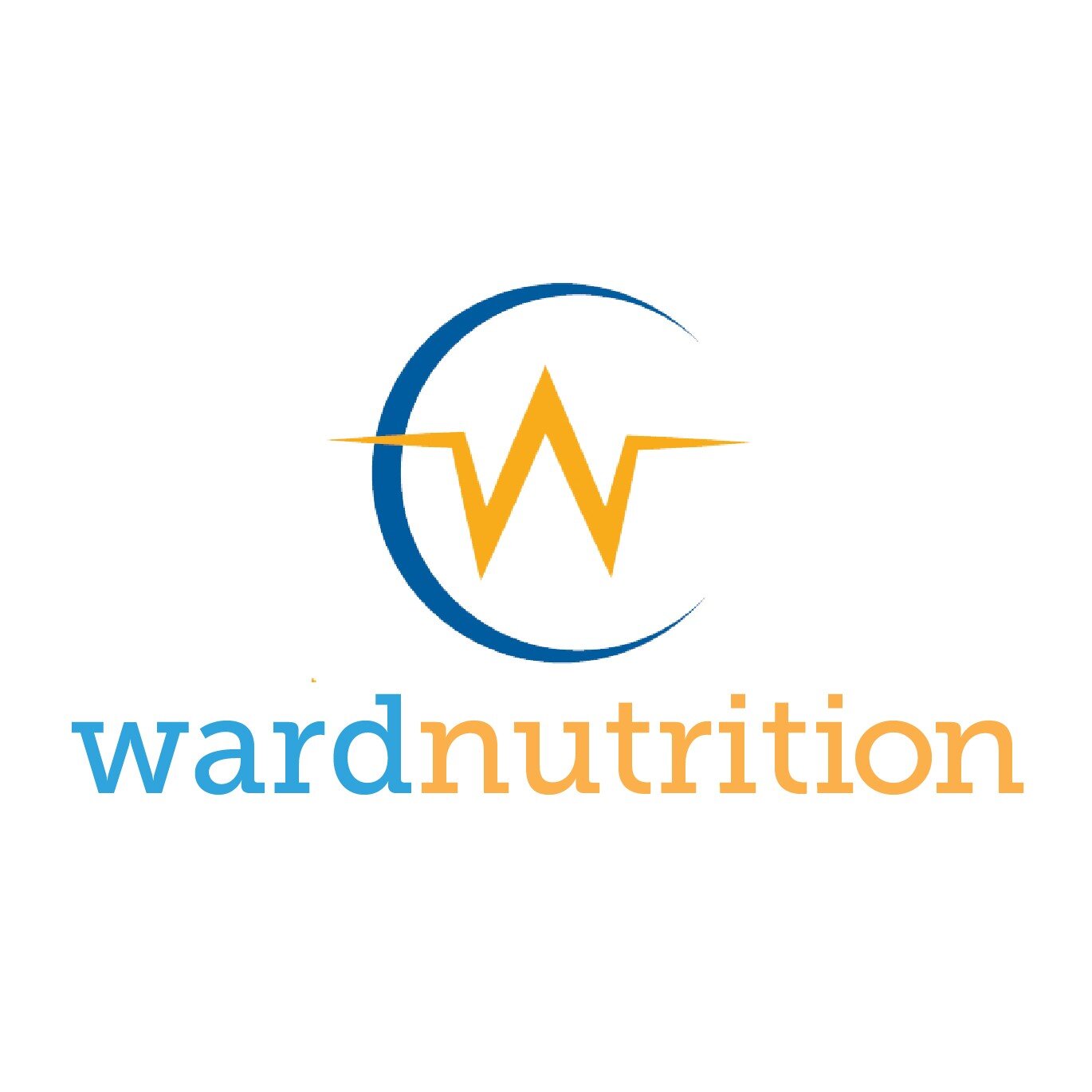Could You Be Lactose Intolerant?
Have all your questions answered on lactose intolerance; including how it can be diagnosed and treated? whether you can eat normal cheese? and many ideas on how you can still get calcium in your diet?
Lactose is a naturally occurring carbohydrate found in milk and milk products i.e. cows, goat or sheep milk, yoghurts, creams and some cheeses.
BUT WHY DOES IT HAPPEN?
Many Australian’s report being intolerant to lactose and as a result restrict this from their diet.
In some people they lack the ability to produce the enzyme ‘lactase’ which is needed to digest lactose when consumed in the diet. As a result this lactose passes through the digestive tract undigested… as it passes through it also attracts water with it and this often causes symptoms like diarrhoea. This lactose also reaches the large intestine where it is fermented by our resident gut bacteria as a result this may lead to symptoms such as bloating and excess wind
What we risk missing?
Our dairy foods are valuable sources of many important nutrients in our diet – the main one being calcium which is important for our bone health. If we are not substituting with appropriate alternatives this can put as at risk of loss of bone mineral density, leading to weak, brittle bones and conditions such as osteopenia and osteoporosis.
Dairy can also be a fantastic source of protein and other vitamins and minerals (i.e. vitamins A & B12, zinc, magnesium, potassium and phosphorus). Including foods like Greek yoghurt has also been shown to be beneficial for our gut health and the beneficial bacterial species that live inside our gut as this is a natural source of probiotics.
How do I get enough nutrition if I cannot tolerate Lactose?
The great news is, there is a fantastic range of lactose free dairy products on the market these days. You can simply choose lactose free milks and other dairy products which contain the same nutrition as our standard dairy foods, however, have the ‘lactase’ enzyme added to help digest this lactose. These come in a range of reduced fat or full fat alternatives so can be suitable for people with varying nutrition needs.
Dairy products tend to have varying amounts of lactose in them so not all dairy foods need to be avoided (see lactose content of common dairy products below). People who are intolerant to lactose also tend to have a tolerance threshold this means they may be able to tolerate some amounts of lactose in their diet with no need to restrict completely. For the dairy lovers, the great news is … there are also ways that you can build your tolerance threshold for lactose so if your missing your usual dairy milks, ice creams and yoghurts chat to your dietitian about this!
Lactose content of common foods
Parmesan Cheese = 0.0g lactose per 40g serve.
Cheddar Cheese = 0.0g lactose per 40g serve (yes its true, there is no Lactose in hard block Cheese!!)
Brie Cheese = 0.0g lactose per 40g serve
Cream cheese = 0.1g lactose per 40g tub
Ricotta Cheese = 3.2g lactose per 120g serve
Natural yoghurt = 10.6g lactose per 200g tub
Regular cows milk = 15.2g lactose per 250mL (1 cup)
Lactose free and dairy free alternative milks = 0.0g lactose per 250mL (1 cup)
How do I know if I have Lactose Intolerance?
When we have a change in bowel habits it is always best to check in with your GP to make sure any more serious conditions are excluded. Particularly if you are over the age of 50 years old or have a family history of bowel conditions such as bowel cancer, inflammatory bowel diseases or coeliac disease. There are also various food components that may contribute to these common symptoms of diarrhoea, bloating and excess wind – particularly if you have IBS. So, it is always a great idea to chat to an Accredited Practising Dietitian for a professional opinion before embarking on any dietary restrictions on your own!
Contact our admin team to book in with one of our Accredited Practising Dietitians if you suspect you have food intolerances and require professional advice to manage your symptoms and ensure you are not missing out on any important nutrients! Click Here for more information on our services relating to food allergies or intolerances.
Our dietitian Marley is also trained in the dietary management of IBS and is passionate about helping people with gut and digestive issues. You can make an appointment with Marley in either our Orange or Bathurst clinic.

